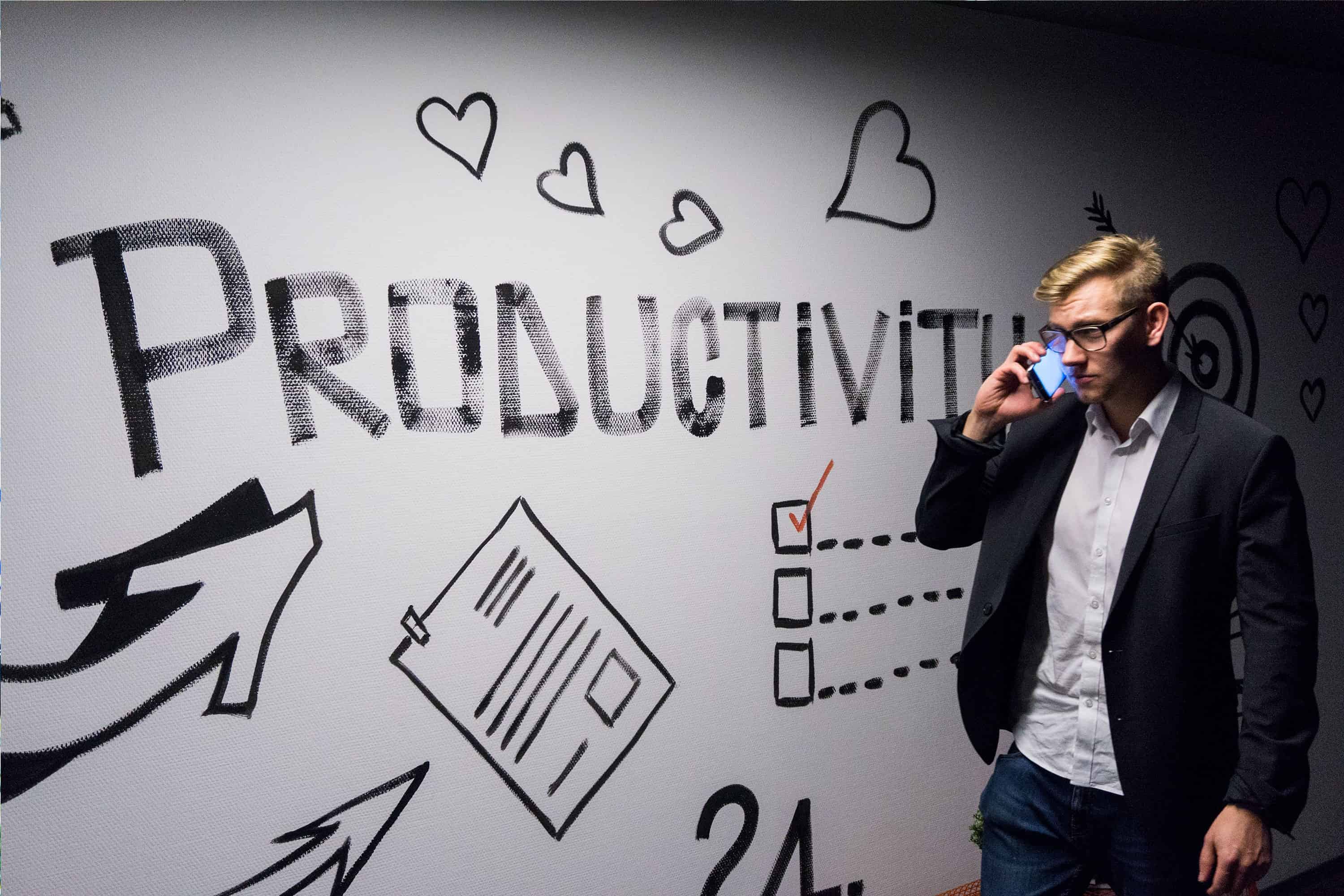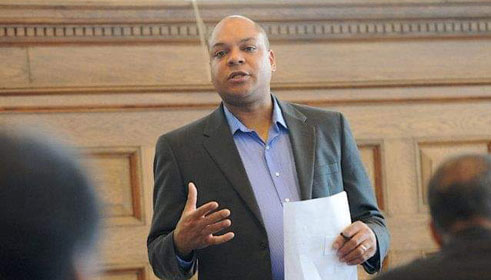Team Training & Workshop High-Performing Teams
Our team training and workshops at Camara Strategies cover key subjects that are characteristics of the culture of highly effective leaders. Communication, conflict resolution, emotional intelligence, team dynamics, and performance management are common topics, helping teams build stronger relationships and improve overall effectiveness.
The information on this site gives you guidelines and insight on our team training & workshop topics. However, our services are shaped to meet specific organizational needs. We’ll fully consider your current priorities, challenges, and particular needs to be addressed with your key leaders, personnel, and other factors, making sure that our training is tailored to your unique situation.



When creating workshops and team training for your organization, we prioritize focusing on practical skills and real-world applications. Our workshops incorporate interactive activities and case studies, and—most significantly—tailor content to specific leadership and organizational needs, ensuring that leaders, employees, and staff can immediately apply the skills learned. We emphasize core leadership skills critical for any organization to ensure its key leaders know them.
1. Foundational Skills Topics:
Effective Communication incorporates active listening, constructive feedback, non-verbal communication and body language, and clear and concise messaging.
Conflict Resolution necessitates understanding different conflict styles, mediation and negotiation techniques, and intentionally creating a culture of open and respectful dialogue.
Emotional Intelligence is displayed through self-awareness, self-regulation, empathy, understanding others’ perspectives, and building rapport and trust within teams.
Team Dynamics incorporate effective communication, the ability to resolve conflict, and emotional intelligence in its members, which significantly increase understanding of different roles and responsibilities, building trust and cohesion within the team and facilitating effective teamwork and collaboration
Performance Management: involves setting clear goals and expectations, providing constructive feedback and coaching, and recognizing and rewarding the achievements of individuals, teams and other overall organization.
2. Advanced Skills:
Change Management: Adapting to new situations and challenges, communicating change effectively to the team, and managing resistance to change
Strategic Thinking: Analyzing situations and identifying opportunities, developing and implementing strategies and making sound decisions based on data and insights
Mentorship and Coaching: Developing and empowering team members, providing guidance and support, and creating a learning environment
Project Management: Planning, organizing, and executing projects effectively, managing resources and timelines, tracking progress, and identifying potential problems
Innovation and Creativity: Encouraging new ideas and approaches. Fostering a culture of innovation and thinking outside the box and solving problems creatively